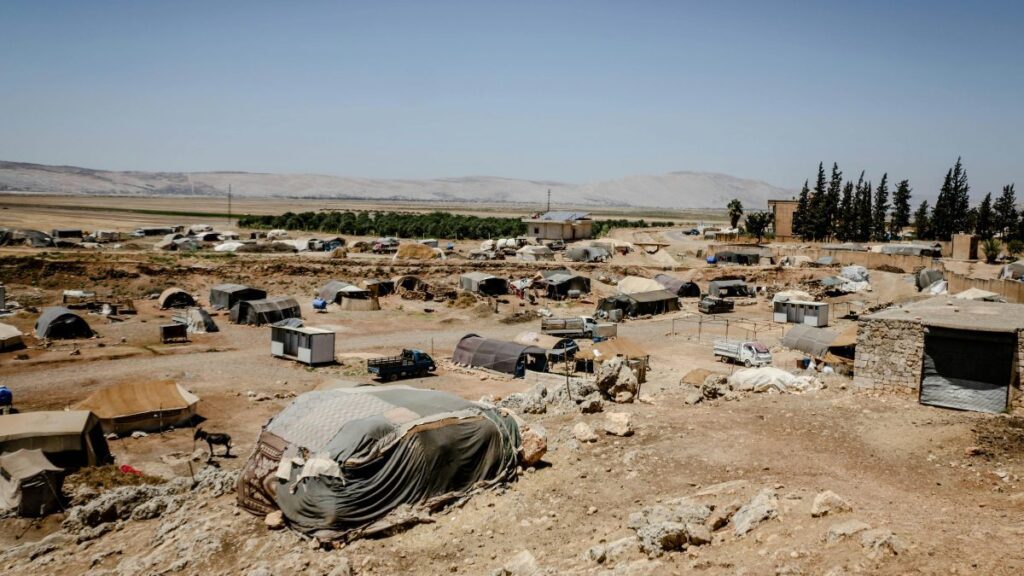Kenya is currently home to over 860,000 refugees and asylum seekers, primarily from Somalia, South Sudan, DR Congo, and Ethiopia. However, more than 200,000 refugees are now awaiting clearance, with the numbers increasing daily, as delays in processing legal documentation persist.
The backlog has been worsened by underfunding and low staffing at the Department of Refugee Services, leaving thousands of applicants in limbo. Refugees without proper documentation are unable to access employment, education, and healthcare, affecting both their livelihoods and the broader economy.
Deu Kamuzinzi, a refugee and advocacy lead at Youth Voices Community, explained that the delays at the Refugee Status Determination desk have “locked out refugees from contributing meaningfully to the economy.” He noted that the lack of critical documents, including work permits, restricts professional opportunities even for highly educated refugees.
Lucy Duku, chairperson of Refugee Women in Nairobi, highlighted the challenges faced by children born and educated in Kenya. “Our children have graduated from universities but cannot secure jobs due to the absence of essential documents like KRA PINs,” she said. Duku urged the government to empower women economically and strengthen security measures for long-term residents, some of whom have lived in Kenya for over 30 years.
During a stakeholders’ meeting in Naivasha to promote refugee integration and self-reliance, Kituo cha Sheria chairperson Justus Munyithya stressed the need for reviewing legal and policy frameworks to accelerate refugee integration. “Amending existing laws will allow refugees to fully access work, education, and healthcare,” Munyithya said.
Lawyer Dorothy Omboto added that current laws limit refugees’ access to decent work due to the cumbersome work permit process. She advocated for the abolition of work permit requirements, suggesting that refugee IDs be recognized instead.
Mohammed Hassan from Refugee Hub revealed that only one percent of applicants currently receive crucial documents, leaving thousands more unable to access basic rights and services.
As the refugee population continues to grow, urgent government action and legal reforms are essential to ensure refugees in Kenya can live with dignity and contribute fully to society.

